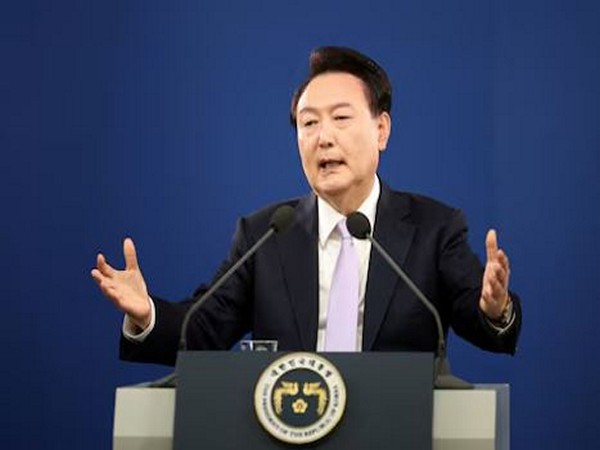Political Chaos in South Korea: Martial Law Drama Unfolds
South Korea experienced political upheaval as President Yoon Suk Yeol's declaration of martial law was met with widespread opposition. The proposal by Defense Minister Kim Yong-hyun led to chaotic scenes, with lawmakers defying military orders to block the decree. The crisis culminated in a historic vote to rescind the order.

In a stunning turn of events, South Korea was plunged into political chaos when President Yoon Suk Yeol declared martial law, following a recommendation by his defense minister, Kim Yong-hyun. The decision, made amid escalating tensions with opposition parties, drew sharp divisions among Yoon's own cabinet and party members.
The declaration led to upheaval in the National Assembly, as lawmakers resisted military constraints to convene and vote against the decree. This resistance highlighted deep-rooted political divides and underscored the fragility of Yoon's administration, which now faces an impeachment vote.
With the country's democratic values under threat, the opposition's swift response to counter Yoon's move was crucial. The eventual unanimous vote to reject martial law was a decisive moment in preserving South Korea's democratic institutions and showcased the opposition's growing influence in the political landscape.
(With inputs from agencies.)
ALSO READ
Drone Strike Hits Iranian Kurdish Opposition Depot in Iraq
Karnataka Pushes for Almatti Dam Expansion Amid Opposition
Sanchez's Stand: Spain's Bold Opposition to U.S.-Israel Conflict with Iran
BJP Challenges Opposition's Misinformation on Fuel Crisis
Vice President Sara Duterte Faces Impeachment Over Allegations of Misuse and Threats










